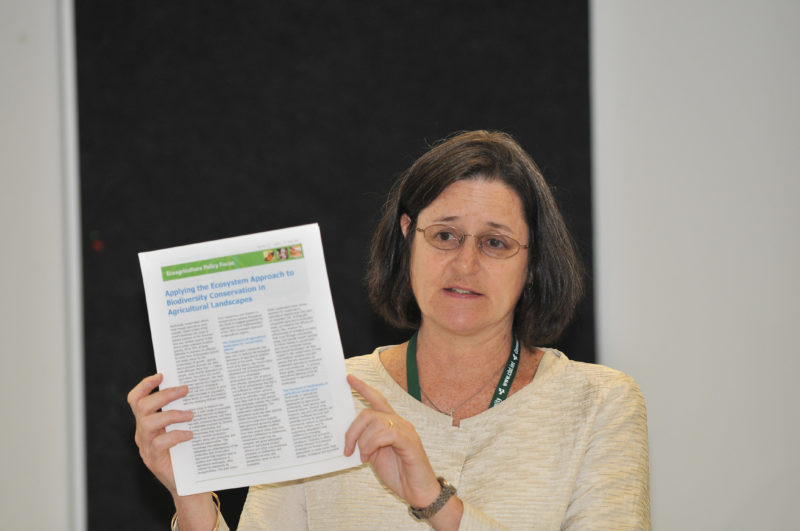Business participation and investment in sustainable landscapes is critical for achieving inclusive green growth, according to a new report released recently at the Forest and Landscape Investment Forum.

The report, titled: “Business for Sustainable Landscapes: An action agenda for sustainable development”, underscores the numerous benefits that business can realise by investing in landscapes – from reducing their environmental and social risks to protecting their assets or sourcing area by supporting vital ecosystems, such as forests, rivers and freshwater.
Businesses increasingly recognise that working in landscape partnerships can help them address critical issues that go beyond their immediate supply chains. Yet, today, only a quarter of the 428 large, multi-stakeholder landscape partnerships surveyed include business.
The report, however, confirms that innovative financial instruments designed to support landscape investments are rapidly emerging, which can help fast-track business engagement in landscape partnerships. These include new blended finance schemes, impact investment funds, investment screens and standards, and investment strategies in sustainable supply chain programmes, among others.
The report, produced by EcoAgriculture Partners, International Union for Conservation of Nature (IUCN), SAI Platform and Sustainable Food Lab under the auspices of the Landscapes for People, Food and Nature Initiative, outlines an action agenda with concrete steps that business, as well as finance institutions, governments and landscape programme leaders, can take to strengthen these partnerships and advance a socio-economic transformation based on sustainable production and economic growth.
“Collaborative landscape approaches align stakeholders in a particular place to resolve complex issues that cannot be successfully resolved by actors working alone,” says Sara Scherr, President of EcoAgriculture Partners and one of the key authors of the report. “These partnerships reflect growing recognition that long-term business success is tied to healthy communities and ecosystems,” she added.
“Although landscapes are still not a natural business environment for most companies, the frontrunners are now starting to grasp the potential, take responsibility beyond their direct interests and seek collaborative solutions to address issues like water scarcity, deforestation or ecosystem services by landscape projects,” says Peter Erik Ywema, Director Strategy and Engagement, SAI Platform.
“Innovative financial instruments designed to support landscape investments are emerging, and they have the potential to help drive nature-based solutions, such as forest landscape restoration and climate-smart supply chains,” says Stewart Maginnis, Global Director of IUCN, which co-authored the report. “IUCN’s Regional Forest Landscape Restoration Hub for Eastern and Southern Africa, which was established last year, is an excellent example of how increased coordination at a landscape level can catalyse resources and technical capacity to deliver tangible benefits for communities.”
Local and global business champions, investors, government officials and civil society representatives met this week to discuss these findings and other sustainable landscape opportunities at the Food and Agricultural Organisation of the United Nations (FAO) Forest and Landscape Investment Forum in Kigali, Rwanda.
